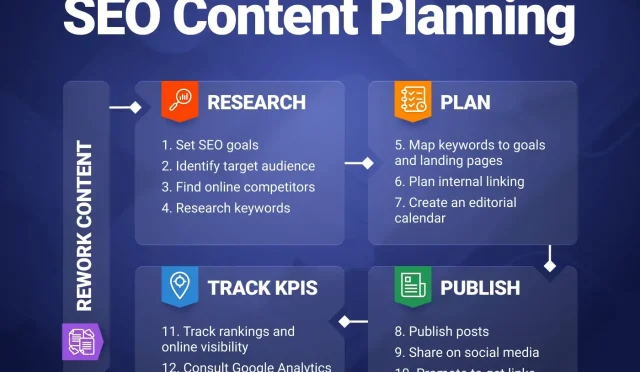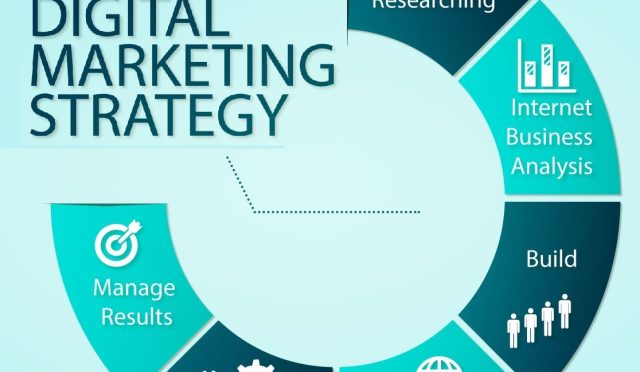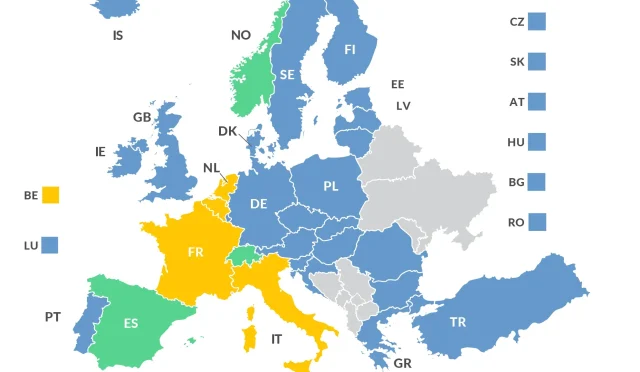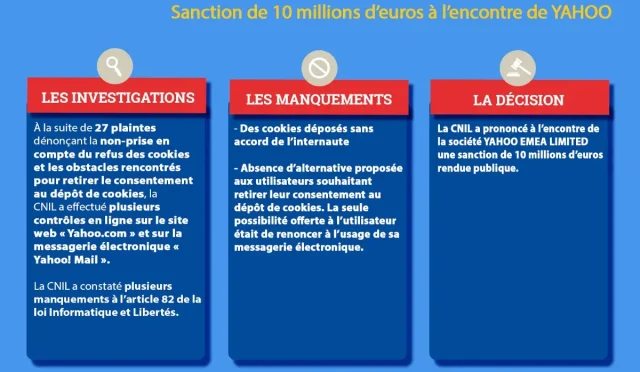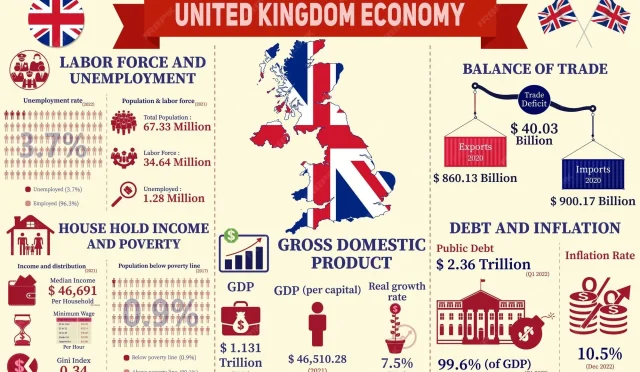In the pursuit of financial independence, many find themselves entrenched in the ideology of Wealth for Others. This concept revolves around utilizing personal wealth not solely for individual gain, but as a means to create opportunities, support family, and contribute to the community. By prioritizing wealth building for the benefit of loved ones and future generations, we can transition from mere consumption to impactful living. Rather than being driven by personal desires alone, individuals are increasingly recognizing the value of nurturing relationships and fulfilling shared dreams that foster life fulfillment. Ultimately, the true measure of wealth is not what we accumulate for ourselves, but how we empower those around us.
Wealth for Others encompasses a transformative approach to personal finance and resource allocation. This philosophy shifts focus from accumulating assets for oneself to channeling financial resources toward supporting family and philanthropic endeavors. By fostering financial well-being through collective strength and community engagement, individuals can discover deeper life satisfaction. The journey towards financial independence doesn’t have to be a solitary pursuit; instead, it can be an enriching experience that enhances the lives of loved ones. By redefining our relationship with wealth, we can navigate a fulfilling path that emphasizes collaboration and shared success.
Understanding Wealth for Yourself
Building personal wealth is often viewed through the lens of financial independence and self-sufficiency. For many, the drive to accumulate resources is rooted in the desire for security, freedom, and the ability to enjoy life on one’s own terms. This pursuit often encompasses diverse avenues such as career advancement, investment opportunities, and strategic savings. A key component of achieving personal wealth involves setting specific financial goals and developing a robust plan to attain them. By clearly delineating what financial independence looks like for oneself, individuals can create a focused pathway that includes budgeting, investing wisely, and managing expenditures effectively.
However, the journey to financial independence is not solely about the accumulation of assets. It is also about cultivating a mindset that values life fulfillment beyond material wealth. Achieving personal wealth requires one to recognize the transient nature of happiness linked to possessions. Engaging in meaningful experiences, building connections, and following one’s passions can lead to a more fulfilling life. This holistic approach to wealth emphasizes the importance of balancing financial goals with emotional and spiritual well-being, ensuring that personal wealth serves as a vehicle for overall quality of life rather than just a numerical value.
Wealth for Others: A Shift in Perspective
As one transitions from focusing solely on personal wealth to considering wealth for others, an important shift occurs in one’s definition of success. This perspective emphasizes the importance of supporting family, friends, and the community, ultimately leading to a meaningful impact. The act of building wealth for others can be driven by a desire to ensure financial security for loved ones or to make positive contributions to societal causes. Embracing this new role can transform the way individuals perceive their purpose, propelling them towards a more fulfilling existence where their efforts benefit a larger circle beyond their immediate needs.
Focusing on wealth for others can lead to a profound sense of satisfaction and purpose. Adopting this mindset fosters a deeper connection with the world and creates lasting legacies. Philanthropy and community involvement become integral parts of one’s life, blending the concepts of personal wealth and shared prosperity. This shift can also encourage individuals to re-evaluate their careers and life choices, steering them towards opportunities that align with their values and desires to support others. In this light, wealth isn’t just viewed as a measure of personal achievement but as a means to enrich the lives of those around them.
The Impact of Wealth on Life Fulfillment
Accumulating wealth can often feel like a solitary journey, leading many individuals to isolate themselves in their pursuit of material gains. However, recognizing the impact of wealth on life fulfillment necessitates a more community-oriented approach. Wealth and fulfillment do not exist in a vacuum; rather, they are intertwined. When financial resources are allocated towards enriching the lives of others, it cultivates a sense of belonging and purpose. This communal aspect of wealth fosters deeper relationships and supports collaborative initiatives that can transform lives, transcending mere individualism.
Furthermore, the cultivation of wealth for the benefit of others can dramatically enhance personal satisfaction. Engaging in activities that contribute to community welfare or supporting loved ones reinforces the notion that wealth serves a more profound purpose than accumulation alone. Individuals start to derive joy from seeing their financial resources positively impact those around them, leading to a powerful feedback loop of fulfillment. This cooperative cycle enriches not only the recipients but also the giver, forming a community that thrives on shared success and mutual support.
Balancing Self-Interest with Altruism
The challenge of balancing self-interest with altruism is a common dilemma for those on the path of wealth building. Individuals often grapple with the desire to secure their own future while also nurturing the needs of others. This balance is crucial for achieving true contentment, as an excessive focus on either side can lead to discontent. Financial independence is empowering, yet solely catering to personal desires without considering family and community can foster notable isolation and emptiness. It is essential to develop a strategy that embraces the significance of both personal wealth and wealth for others.
By adopting a balanced approach, individuals can build a framework for financial practices that honor their personal aspirations while also fulfilling their responsibilities to others. This might involve setting aside a portion of earnings for personal expenses, engaging in philanthropy, or supporting family objectives through financial means. Such a dual perspective allows for the nurturing of personal dreams while also contributing positively to the lives surrounding them, offering a comprehensive wealth-building approach that upholds both individual and communal well-being.
Exploring the Emotional Aspects of Wealth Building
The emotional aspects of wealth building are often overlooked in discussions focused purely on financial metrics. Individuals frequently underestimate how feelings of security, anxiety, and fulfillment are intertwined with their financial situation. This emotional component becomes increasingly critical when considering how wealth can affect relationships with family and friends. Wealth accumulation, particularly when it becomes an obsessive endeavor, can create rifts as individuals prioritize asset growth over meaningful connections. Awareness of these emotional dimensions allows for a more balanced approach, ensuring that financial pursuits enhance rather than detract from personal relationships.
Moreover, when wealth is seen through an emotional lens, the focus shifts from mere accumulation to meaningful engagement. Understanding the emotional repercussions of wealth can guide individuals towards making more conscious financial choices. By aligning financial decisions with core values such as supporting family, contributing to community needs, and enhancing life fulfillment, individuals not only build tangible assets but also cultivate emotional wealth. This holistic perspective fosters deeper relationships and sustainable happiness, shifting the culture of wealth building from one of isolation to one of partnership and support.
The Dangers of Extreme Wealth Accumulation
One of the significant dangers of extreme wealth accumulation is the risk of losing sight of what truly matters. A relentless focus on personal wealth can lead to a disconnection from the community and a sense of alienation. This single-minded pursuit can sometimes create a warped reality where individuals believe that their worth is only measured by their financial success. When wealth becomes an obsession, it can detract from life fulfillment and the joy found in relationships, experiences, and altruism. Recognizing this risk is crucial for anyone traversing the complex world of personal finance.
To mitigate these dangers, it becomes essential to develop a perspective that appreciates all dimensions of wealth. Embracing a more rounded approach allows individuals to still strive for personal achievements while embracing social responsibilities. This shift encourages building connections with others and engaging in charitable endeavors that give a sense of purpose, tying back to the old adage that the happiest individuals are those who contribute to the well-being of others. Balancing these aspects of wealth helps prevent isolation and promotes a richer, more fulfilling life.
Creating a Legacy: Wealth Beyond Personal Gain
Creating a legacy involves building wealth that extends beyond the individual, nurturing future generations and contributing positively to society. This broader perspective on wealth encourages individuals to consider how their financial choices can have lasting impacts. By focusing on wealth for others, families can cultivate a tradition of generosity, teaching valuable lessons about financial responsibility and the importance of supporting one another. Such legacies are crucial for instilling values in children and ensuring that wealth becomes a tool for good rather than a source of skepticism or isolation.
Moreover, amplifying the potential of one’s wealth through legacy building can ignite a profound sense of purpose. Individuals who consciously choose to allocate resources toward philanthropic efforts or family support often experience enhanced fulfillment. Rather than solely pursuing individual goals, creating a legacy enriches one’s journey through shared experiences and gratitude. This approach not only strengthens family ties but also fosters a culture of giving, reinforcing the values of empathy and altruism that transcend generations.
Financial Independence through Meaningful Pursuits
Achieving financial independence is often a top priority for individuals, but the path to this goal can be enriched through meaningful pursuits that resonate with personal values. By aligning financial practices with one’s passions—be it through art, education, or entrepreneurship—individuals can create a livelihood that is both rewarding and sustainable. This alignment brings about not just financial success but a deep sense of fulfillment as their work reflects their values and desires. Thus, the quest for personal wealth becomes intertwined with broader aspirations.
Moreover, when financial independence is pursued through meaningful work, it becomes a catalyst for supporting others and community initiatives. Individuals are more likely to prioritize their earning capacity to create not only comfort for themselves but also opportunities for others. This cycle of giving and receiving fosters an environment where financial resources are utilized as tools for enrichment, emphasizing the importance of service in one’s journey. The integration of personal wealth and support for others leads to a more holistic approach to life fulfillment, demonstrating that wealth can indeed be a vehicle for positive change.
Shifting Financial Goals for a Fulfilling Life
As life circumstances change, it’s essential to reassess financial goals to maintain a fulfilling life. Significant life events, such as marriage or becoming a parent, often compel individuals to re-evaluate what wealth means to them. This shift can inspire a focus on building wealth that prioritizes the needs of loved ones and community over personal indulgence. By recognizing how financial responsibilities evolve, individuals can redirect their energies towards creating a legacy that positively influences others, ensuring financial aspirations align with a broader vision.
In this process of redefining financial goals, communication becomes essential. Engaging openly with family about aspirations and shared responsibilities can enhance collective understanding of wealth, fostering cooperation in decision-making processes. This shift from focusing solely on personal wealth toward collective fulfillment can lead to richer relationships and shared success. By celebrating joint achievements and navigating the complexities of wealth together, individuals can create a lasting bond strengthened by mutual support and understanding.
Frequently Asked Questions
What does ‘Wealth for Others’ mean in the context of financial independence?
‘Wealth for Others’ refers to the concept of accumulating personal wealth not just for individual consumption, but to benefit family, friends, and philanthropic causes. It highlights a shift in focus from self-centered financial goals to supporting loved ones and contributing to societal improvement, enhancing overall life fulfillment.
How can focusing on ‘Wealth for Others’ enhance life fulfillment?
Focusing on ‘Wealth for Others’ can enhance life fulfillment by providing a sense of purpose and connection. When your wealth-building efforts are directed towards improving the lives of others, such as supporting family or contributing to charitable causes, it fosters deeper relationships and a feeling of community, leading to greater satisfaction and happiness.
What are effective strategies for building wealth for family support?
Effective strategies for building wealth to support family include creating a budget that prioritizes savings, investing in family-friendly assets, and planning for future expenses like education or healthcare. Balancing personal wealth building with a focus on family needs is crucial for financial independence and long-term stability.
Why should I prioritize wealth building for others over personal consumption?
Prioritizing wealth building for others over personal consumption can lead to greater fulfillment in life. While personal consumption can provide temporary satisfaction, investing in the well-being of loved ones and contributing to meaningful causes can enhance your purpose and emotional well-being, providing a more sustainable and lasting sense of happiness.
How does personal wealth relate to supporting family and achieving financial independence?
Personal wealth is crucial for supporting family as it provides the resources necessary for healthcare, education, and general well-being. Achieving financial independence allows individuals to focus on wealth for others, ensuring that their loved ones are cared for and that they can contribute to their communities, ultimately leading to a fulfilling life.
Can the pursuit of personal wealth lead to isolation, and how can I avoid this?
Yes, the pursuit of personal wealth can lead to isolation if one becomes overly focused on individual needs and consumption. To avoid this, consider engaging with family and community, setting collective financial goals, and involving loved ones in wealth-building activities to strengthen bonds and foster a supportive environment.
What is the balance between building wealth for oneself and for others?
The balance between building wealth for oneself and for others lies in recognizing the needs of both aspects. It’s vital to secure your financial independence while also allocating resources aimed at supporting family and community. Regularly reassessing your financial goals in relation to your personal and family aspirations can help maintain this balance.
| Key Aspect | Wealth for Yourself | Wealth for Others |
|---|---|---|
| Focus | Individual needs and desires | Supporting family and causes beyond oneself |
| Emotional Connection | Personal consumption leads to short-term satisfaction | Fulfillment comes from improving others’ lives |
| Long-Term Satisfaction | Can lead to isolation and diminished joy | Creates legacy and lasting impact |
| Perspective Change | What satisfies today may not satisfy tomorrow | Shifting focus toward others enhances life’s meaning |
Summary
Wealth for Others represents a paradigm shift in how we perceive and utilize wealth. As individuals transition from focusing solely on personal consumption to prioritizing the needs of family and community, they find deeper fulfillment and purpose. This evolution not only helps to enhance personal satisfaction but also fosters stronger connections with loved ones and a lasting impact on the world. Building wealth with the intention to serve others is vital, as it enriches not only our own lives but also the lives of those around us.


